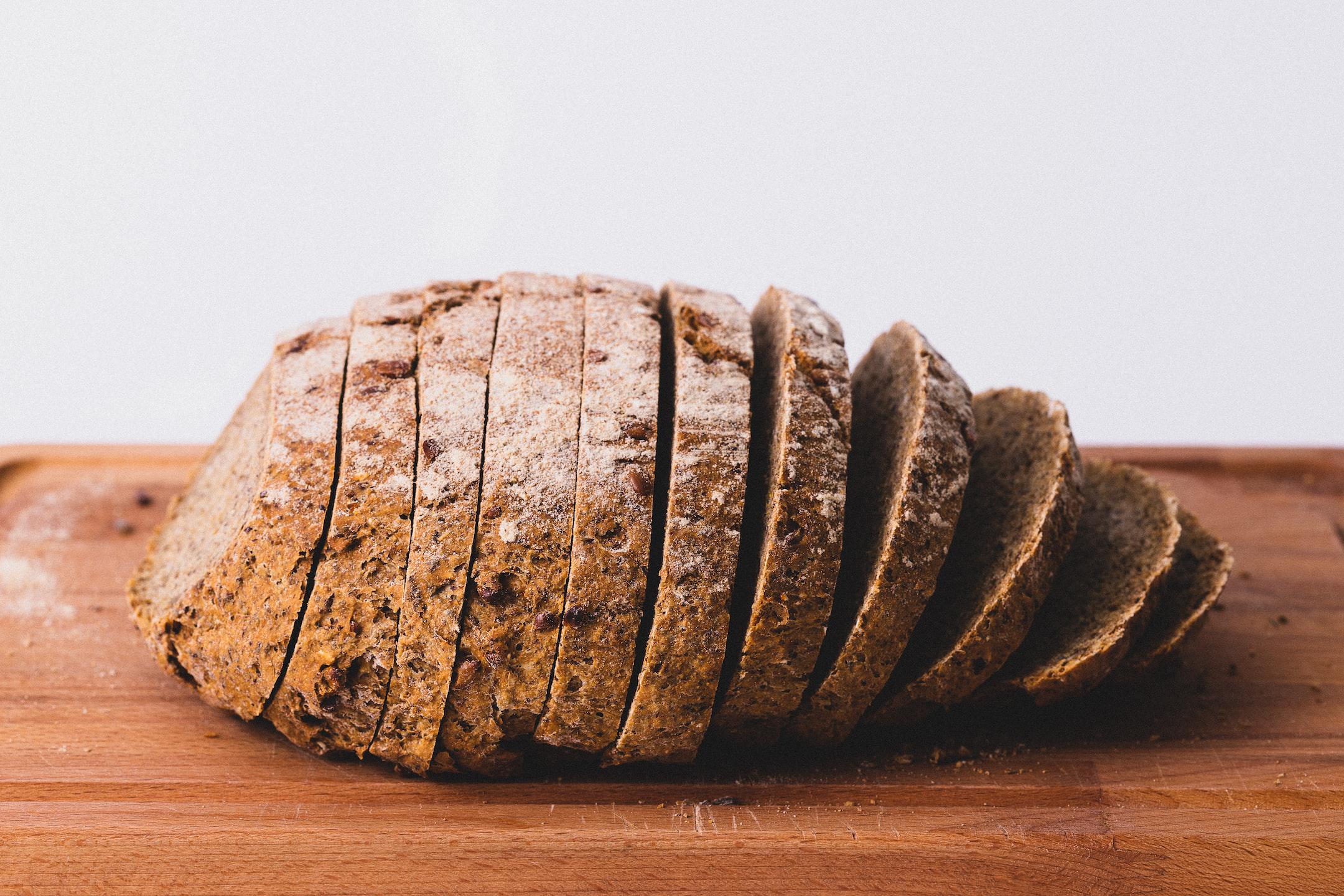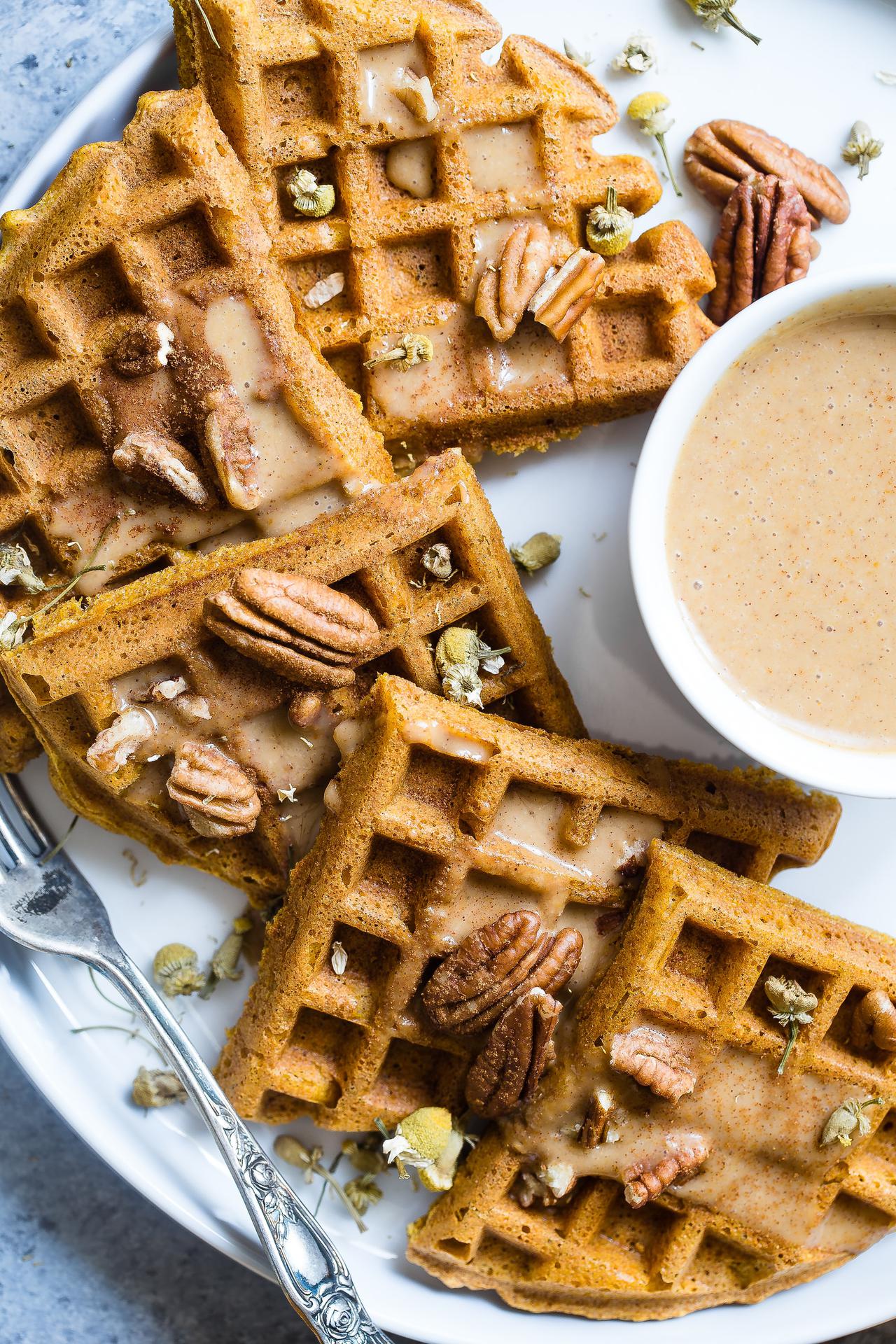
Reintroducing gluten after an elimination diet can be a daunting prospect. You’re not alone if you have lingering fears that your reaction symptoms could worsen or even start anew. Don’t worry—you’re not alone. This blog walks through the impact of gluten on your health and its reintroduction into your diet. Keep reading for clarity on this important nutritional issue.
What is an elimination diet, and why do people go on them?
An elimination diet is a special eating plan that helps individuals discover which foods may be causing discomfort or underlying health conditions. The goal is to determine which substances in food may be problematic.
People go on these diets for a variety of reasons, such as:
- Identifying food allergies or sensitivities
- Address conditions such as irritable bowel syndrome or eczema
- Reducing general digestive issues like bloating, gas, and diarrhea
Dietician for All provides guidance, counseling, and testing if you’ve been considering trying an elimination diet and are curious about its potential benefits.

What are the benefits of going gluten-free, and are they worth the hassle for most people?
Going gluten-free may feel like a hassle because it requires analyzing labels and carefully reading the nutrition information on everything you eat. However, many people find that giving up gluten can be worth it.
For those with celiac disease, following a strict gluten-free diet is the only way to manage the chronic digestive disorder. Additionally, going without gluten can potentially lead to other benefits like improved digestion and increased energy.
Even if someone isn’t diagnosed with celiac or an associated intolerance, cutting out gluten-containing products may help reduce inflammation and bloat.
Whether you have a medical need to avoid it or want to try reducing your reliance on wheat products, figuring out how to make healthy choices and satisfying meals without gluten can bring health benefits worth the hassle of being careful about your food choices.
Can you reintroduce gluten after an elimination diet if you don’t have celiac disease or gluten intolerance?
If you’ve been considering removing gluten from your diet but don’t have any tell-tale symptoms of celiac disease or gluten intolerance, that’s okay: an elimination diet can still be beneficial.
After the proper amount of time on an elimination diet (anywhere from one to four weeks), you may find that reintroducing gluten generates symptoms such as:
- Low energy
- Headaches
- Digestive issues
That doesn’t mean these issues are specifically related to gluten––eliminating food groups can sometimes help us identify other dietary triggers.
Ultimately, an elimination diet could be an excellent opportunity to experiment with removing and reintroducing foods until you identify what makes you feel your best.

If you decide to reintroduce gluten, how should you do it?
Deciding to reintroduce gluten into your diet can be tricky. However, there are plenty of ways to do it safely and effectively.
- Go slow. Start with a small amount of gluten first, then increase the amount over time as your body adjusts.
- If you have any negative symptoms or reactions, take a break and wait until they pass before jumping back into the reintroduction process.
- Be sure to consume only quality sources of gluten, such as whole grains, unprocessed wheat, or minimally processed products.
- Keep an eye out for signs like bloating or low energy levels - these could indicate that your body may not handle gluten well.
Keep in mind reintroducing gluten will require patience and intentionality––through mindfulness and paying attention to your body, you can find a path to including gluten in your diet with minimal discomfort.
Book a consultation with Dietician for All for functional nutritional healing and to learn more about how gluten impacts your health.
I have decades of experience as a peer-to-peer counselor and have felt first-hand how changes in diet can make a huge impact on your overall health. I help my clients go through detoxification and then adopt lifestyles that support their overall wellness. Learn intuitive, mindful eating habits backed by a holistic approach that acknowledges history, culture, and medicine.
Whatever you’re dealing with, from specific health concerns to general wellness, my approach integrates different modalities of healing, including everything from aromatherapy to acupuncture and meditation.
Learn how functional nutritional healing can benefit you and whether reintroducing gluten after an elimination diet is right for you.